I know about as much as I will ever find about my fathers family , but have no idea where to begin to find my mothers family tree
Scandal! Dealing With Skeletons In Your Family Tree
- By Aaron
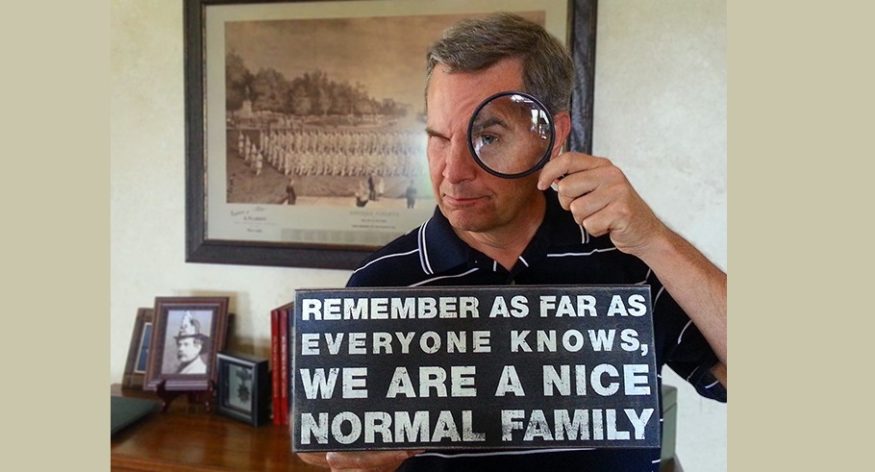

 This is a guest post by W. Scott Fisher, the creator and host of Extreme Genes, America’s Family History Show, heard on dozens of radio stations in the US and as a podcast. A broadcaster by career, Scott has been a devoted genealogist since 1981. He was featured in People in 2015 for using his skills to locate the family of a murder victim, who had been missing for 32 years.
This is a guest post by W. Scott Fisher, the creator and host of Extreme Genes, America’s Family History Show, heard on dozens of radio stations in the US and as a podcast. A broadcaster by career, Scott has been a devoted genealogist since 1981. He was featured in People in 2015 for using his skills to locate the family of a murder victim, who had been missing for 32 years.
I still remember my verbal response to the very first family scandal I ran across in my research. “WHAAAAT?!!!” The 1893 newspaper article was lit up inside a banged-up old microfilm reader and began answering a long list of questions I had had for years concerning my great grandfather, Andrew J. Fisher, and his wife, Jane.
Where was their New York City marriage record? Who was this “Sarah Fisher” that appeared cryptically in the court file concerning a challenge to his will? Why did that record note “the said Andrew J. Fisher left no widow him surviving”? Of course, he did! It was Jane. She was right there in the will, and lived another six years!
One salacious headline told me all my genealogical conundrums were about to be resolved: “ANDREW FISHER’S RIVAL WIDOWS / One was Recognized by His Will, Which the Other Now Seeks to Break.”
It turned out that “Sarah Fisher” was Andrew’s other, other woman. Three decades younger than he, she had a child by him when he was 58. She claimed common law rights because, said she, Jane, though named in the will, couldn’t be a common-law wife because she was still married to someone else. Hence… no marriage record.
The truth is, if you haven’t found a scandal in your family yet, you haven’t been researching long enough. Just as we all descend from kings and paupers, we also all descend from saints and sinners.
As a writer of over a dozen books for my family, specifically on the ancestral families of both my wife and me, the 1893 story presented a challenge. How do I present this rather… ahem… interesting tale? And, yes, Andrew Fisher has been dead for well over a century, but what of his reputation?
After a lot of thought, I recognized that Andrew’s story was shared among countless people who knew him, and didn’t, during his lifetime. It was a widely spread story in its day. Needless to say, none of those people were still around, including children, to risk causing personal embarrassment to anyone.
I determined that I would have to include this chapter of his life story without embellishment, simply sticking to the facts. Further, I recognized there were many good things he did in his life… he was a volunteer fireman, for instance, who no doubt saved many lives. A comment from my friend, Janet Hovorka, stuck in my mind: “Every scoundrel has some hero in them. Every hero has some scoundrel in them.”
Further, through this final chapter of Andrew’s life, I was able to illustrate that the way people react to damaging family experiences can affect generations. Andrew’s oldest son, John, followed in his father’s footsteps. He drank heavily, was kicked out of the family by his wife, and led a life of despair. His brother, my grandfather, made a conscious effort not to repeat the past. He married and stayed devoted to his teenage sweetheart who died at 49 of tuberculosis. He never married again. He raised his own two sons as his number one priority. Both, including my father, became very successful.
A study at Emory University from the 1990s shows how building a strong family narrative among children, including how ancestors overcame adversity, developed in them greater emotional maturity and inner strength. Indeed, it was beneficial for them to know about the foibles of their ancestors as well as their moments of greatness.
Dealing with more recent family situations can, of course, be more difficult. Here’s a somewhat minor issue. In transcribing a stack of letters written by my grandmother more than a half-century ago, I made the decision to eliminate an unkind comment she made about a cousin of mine who was, at the time, just a pre-schooler. Grandmother is revered in our family, and I’m certain she would never have imagined her thoughtless scribble could have survived for decades and possibly come back to the ears or eyes of this (now) very successful business and family man.
My personal rule is, the feelings of the living, even if the individual in question is dead, must be taken into account. A record that causes pain or embarrassment is contrary to the purpose of family history research and the strengthening of future generations.
When I wrote the first volume of my father’s story, I talked about his first marriage and the challenges it created for the family when he and his wife divorced. I noted something he once told me. “I walked out of the courtroom with eight dollars in my pocket.” I never imagined his first wife, then in her 90s, would ever read it, yet alone take offense. She did. I removed that quote from the next revision.
Yes, it’s true. As the family historian, you get to tell the story the way you see it. (I warned my mother before she died!) But with the privilege of that opportunity also comes responsibility. Privacy is due to the living as well as living people who were close to those who may now be dead. The law may grant protections and maybe even penalties to living family members over what you make public about them. In the end, if you err on the side of sensitivity and ask permission where needed, you’ll avoid painful family trouble. Even as a historian, there are times where we don’t have to share everything we know… or believe we are aware.

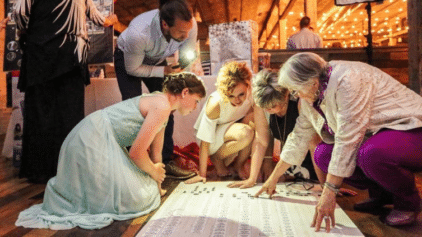
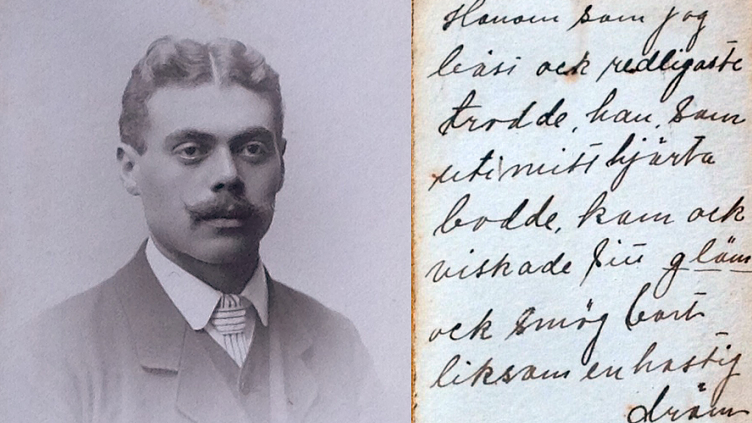




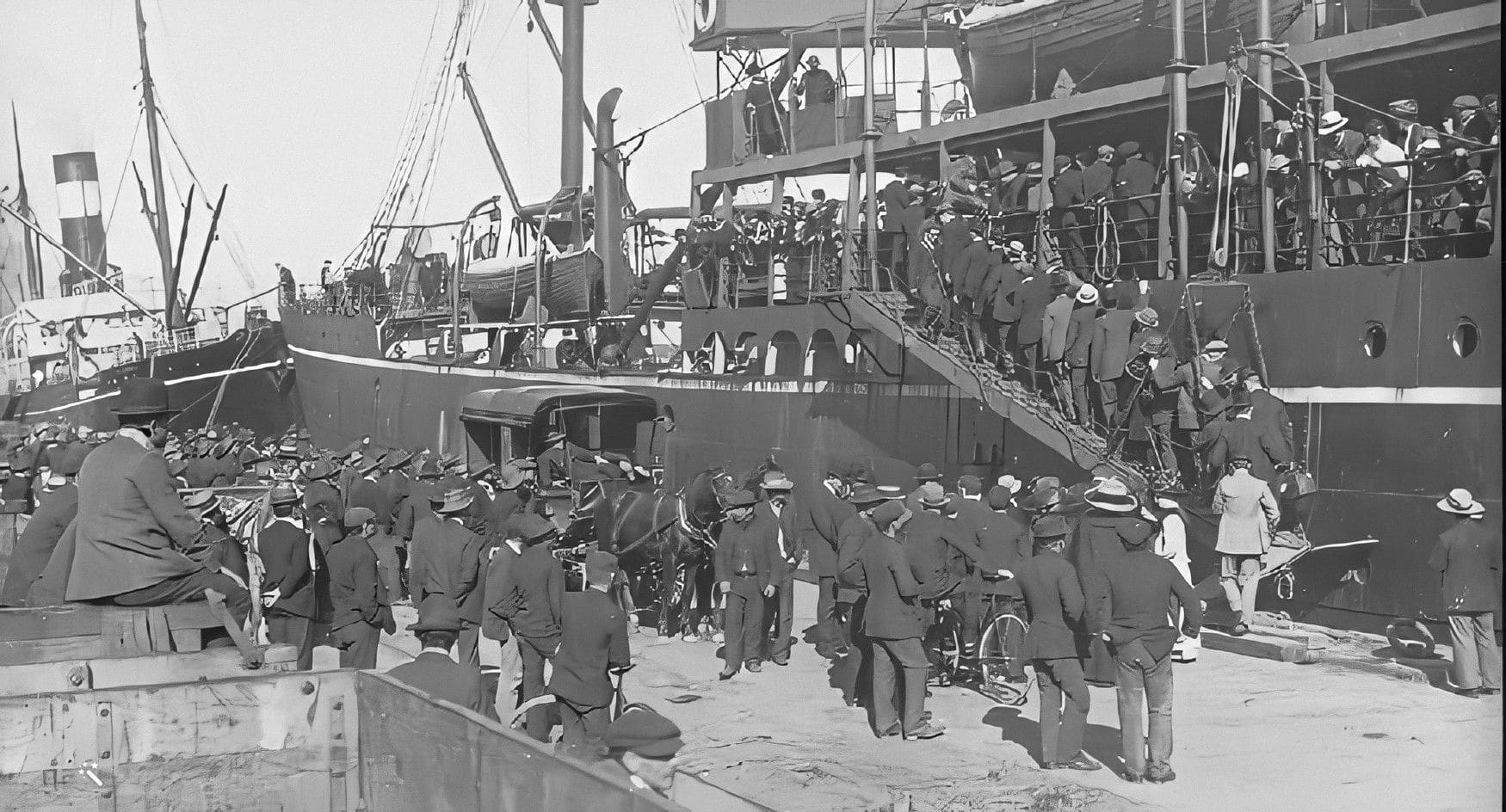
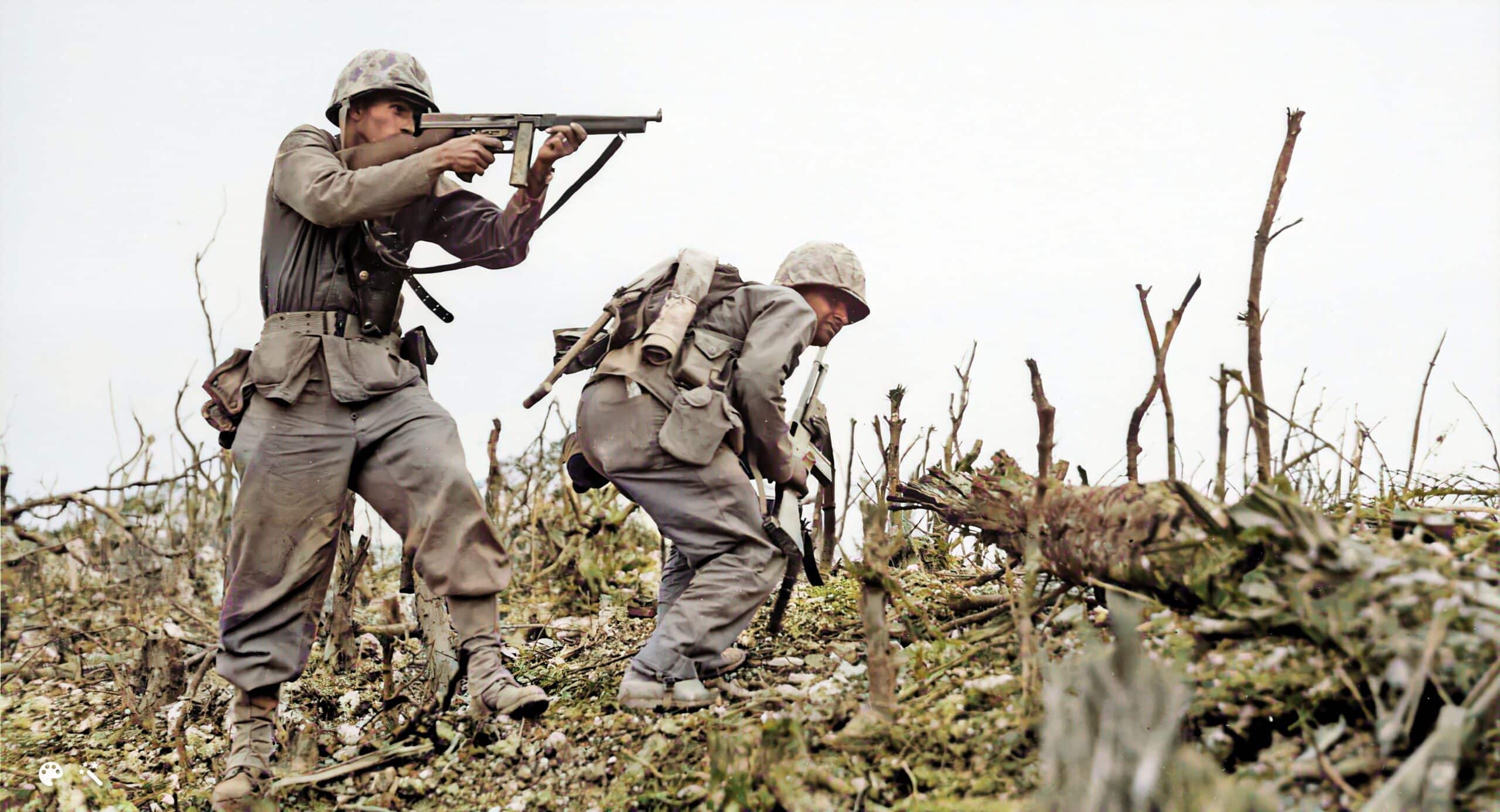
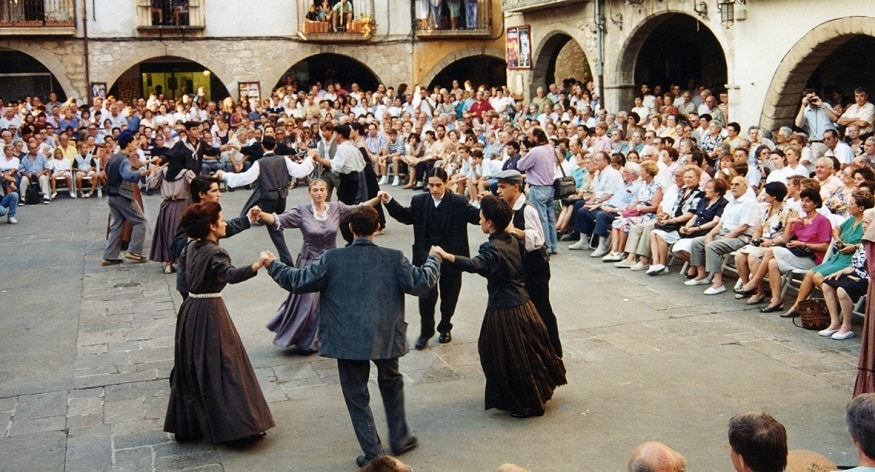
Mae
May 22, 2017
Interesting article. I found out two sections of my family, going back to great, great grandparents were part of the new world marry or not with children. And the wives, sometimes several after the preceding one died, were baby factories. The dit (dite) names are the best for finding out who was what where and when. I am still trying to find out when one of my great great grandfathers came over the Canadian Border and how many Mary Shortsleeves, Marie Jeanne Courtermanche, Mary Jimmo he actually escorted over the Border.